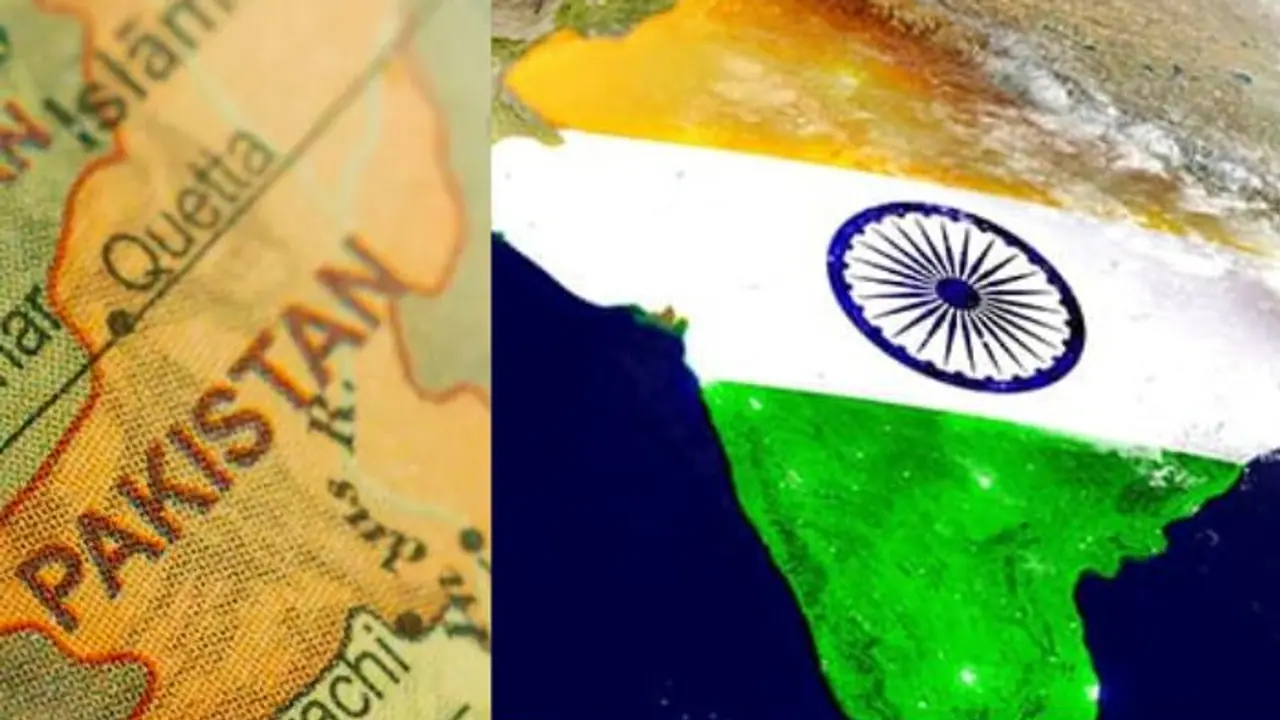Pakistan’s top leadership held an urgent briefing for political parties amid rising tensions with India post-Pahalgam attack. The move signals growing concern over India’s firm retaliatory steps, especially economic and diplomatic.
Amid rising tensions with India after the April 22 terror attack in Pahalgam, Pakistan’s top military and civilian leadership held an emergency closed-door meeting with key political parties. The message was clear: the country must prepare for any “Indian misadventure.” But beneath the united front, observers say there are signs Pakistan may be worried.

The rare in-camera briefing was led by Lt Gen Ahmed Sharif Chaudhry, spokesperson of Pakistan’s army (ISPR), and Information Minister Attaullah Tarar. Defence Minister Khawaja Asif said the goal of the meeting was to get political consensus as the situation with India “remains serious.”
Notably, Imran Khan’s party, the Pakistan Tehreek-e-Insaf (PTI), boycotted the meeting. All other major parties, including PPP, PML-N, MQM-P, and regional leaders from Pakistan-occupied Kashmir, were present.
Sources quoted by Dawn said party leaders pledged to back the military “to foil any Indian attempt to disturb regional peace.” Some even spoke of a “robust response” if India took military action.
The context to this heightened anxiety in Islamabad is India's rapid escalation of diplomatic and economic measures following the Pahalgam attack that left 26 people, mostly tourists, dead. The attackers are believed to be linked to Lashkar-e-Taiba, a Pakistan-based terror group.
India’s actions have been swift and sharp:
- Suspension of the Indus Waters Treaty
- Closure of the Attari land border
- Downgrading of diplomatic ties
- Banning Pakistani imports and transits
- Blocking Pakistani ships from Indian ports
Prime Minister Narendra Modi told India’s top military brass that they have “complete operational freedom” to decide the timing, targets, and methods of retaliation.
In a tit-for-tat move, Pakistan on Saturday banned Indian flag carriers from accessing its ports and barred Pakistani vessels from docking at Indian ports. But analysts believe this is more symbolic than strategic, given the limited maritime trade between the two countries.
While the tone from Islamabad remains defiant, the very fact that Pakistan’s military felt the need to rally political parties behind closed doors points to a deeper concern. After years of strained relations and repeated cross-border attacks, India’s current response — especially economic and diplomatic — appears to have caught Pakistan off guard.


